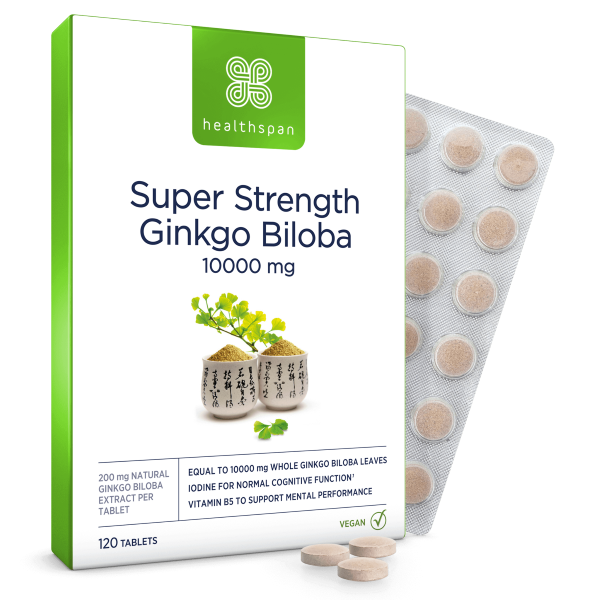Phone constantly pinging? Overwhelmed by your email inbox? Finding it hard to zone out and concentrate in an open-plan office? We're here to help.
To start: nine quick tips to keep you focused
- Drink tea: You'll get a quick caffeine jolt, and black or green tea also contains L-theanine, an amino acid said to put the body into a state of relaxed alertness.
- Check messages at set times: Rather than constantly responding to emails and messages, allot specific times of the day to respond, without interruption.
- Chew gum: A Cardiff University study found chewing gum can increase alertness and attention span. Chew on caffeinated gum and you get a double alertness whammy.
- Master single-tasking: Multi-tasking means that you are not really giving your all to any task. It's better to do one thing at a time.
- Be mindful of your concentration: If you feel your thinking is going off at a tangent, put the brakes on, rein it in and return to the core task.
- Pinch yourself: If you find yourself nodding absent-mindedly without taking anything in during a meeting or conversation do something to jolt yourself back to a more active state of listening. Wiggle your toes, pinch yourself, clench your fists hard: anything to physically bring you back into the present.
- Take a break: Attention span isn't limitless and it is difficult to sustain beyond an hour at a time, so factor in rest to be more productive.
- Use music: Pop on some ear phones to block out the office banter. Studies show how tuning into classical music such as a Mozart boosts concentration and helps you to shut out external distractions.
- Breathe in: Sprinkle a few drops of rosemary essential oil on a tissue and inhale deeply to give yourself a quick concentration boost. Compounds in rosemary oil increase a brain chemical called acetylcholine, which is needed by the central nervous system.
Eat smart
Food is the vital fuel for keeping our brains focused. Eat little and often, avoiding processed and sugary foods that give you a blood sugar spike followed by a brain-draining slump. Choose foods that release energy slowly, such as wholegrains.
B vitamins (particularly B6, B9 and B12), found in wholegrains, chicken, pork, shellfish, eggs, bananas, lentils, nuts and leafy green vegetables, are also essential for brain function as are vitamin D and a cognitive-boosting nutrient called choline (found in high amounts in eggs).
Omega 3 fatty acids found in oily fish and flaxseed contain EPA and DHA fatty acids which are found in high concentrations in the brain.
Keep hydrated
A study from the University of Barcelona found being as little as two per cent dehydrated (which probably won't even make you thirsty) can impact on concentration. Aim to drink around a litre of water/fluids daily, but remember this can also include foods with a high-water content including melon, cucumber and celery.
Get enough sleep
We all know how much easier it is to be firing on all cylinders after a great night's sleep and equally how sleep deprivation can devastate our ability to think clearly and focus. Getting enough sleep (ideally between seven and nine hours) - particularly the rapid eye movement (REM) phase - not only keeps you alert but also enables your brain to store new information. Dipping below six hours a night eats into this slow-wave, mind-improving slumber, making it harder to focus when you're awake.
Take aerobic exercise
Your brain benefits from exercise as much as your body. Just an hour outside in nature can increase attention span by an impressive 20 per cent. A walk or run outdoors can also help you deal with the distraction of stressful emotions (such as worrying about work or a relationship) that can sabotage concentration.
Researchers from the Universities of Aberdeen and Leeds also found children who took part in reasonably intensive exercise performed significantly better in concentration tests than ones who hadn't exercised.
Try a supplement
Supplements may help improve concentration. Try:
- Ginseng and Gingko Biloba: Taking either one of these on its own is helpful, but research shows that if taken together, the brain-boosting effects are even more pronounced. University of Reading researchers found healthy volunteers who took ginkgo and ginseng together had an average improvement in memory quality of 7.5 per cent.
- B vitamins: A deficiency in these vitamins can contribute to brain fog and a reduced ability to think clearly - especially in the elderly.
- Co-enzyme Q10: This is found in every cell of the body and is sometimes referred to as nature's 'spark plug'. It is said to have protective effects on the brain.

Super Strength Ginkgo Biloba 10,000mg
Maximum strength ginkgo extract for cognitive and mental function
- One-a-day tablet of naturally potent ginkgo biloba extract
- Contribute to cognitive function and mental performance/li>
- Help combat tiredness and fatigue







